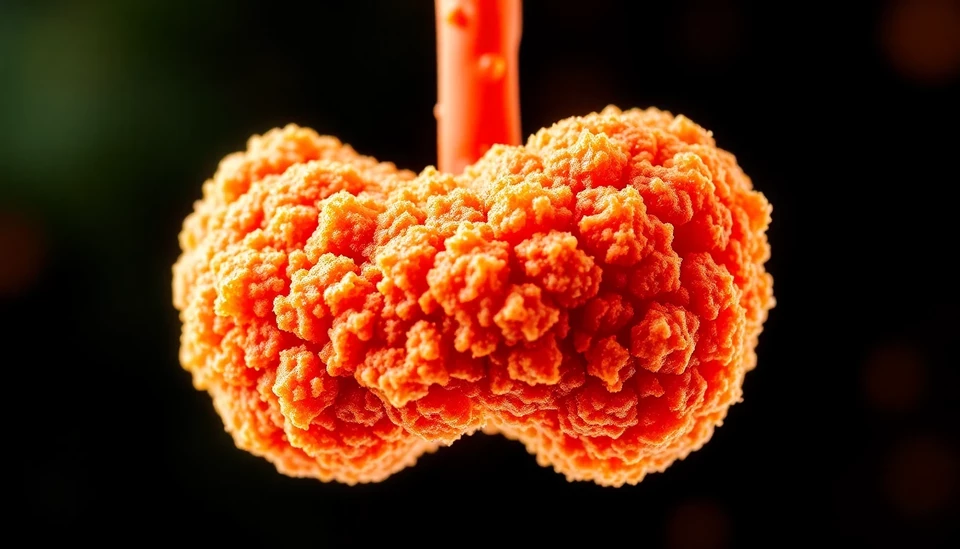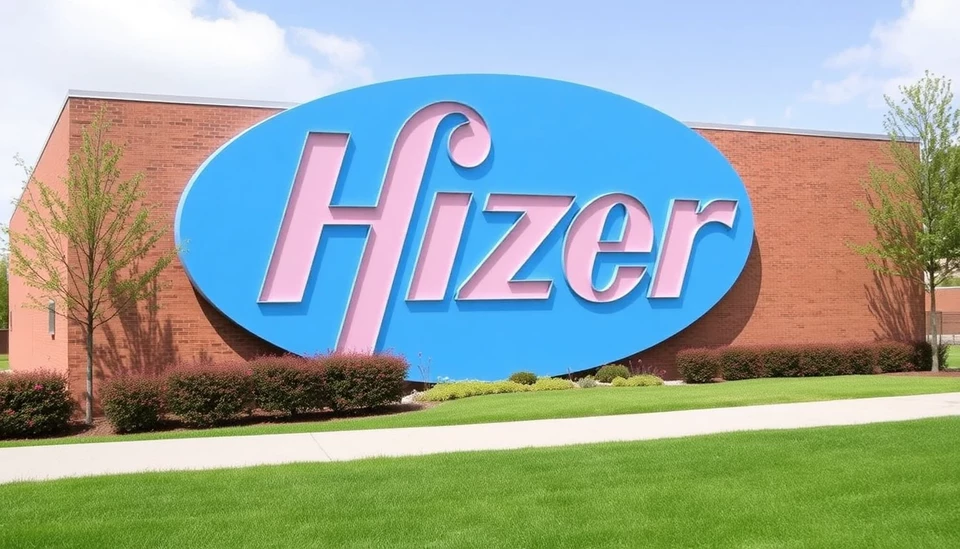
A groundbreaking study has revealed that a novel drug derived from fecal matter has shown significant potential in aiding cancer patients who are battling a severe and often deadly complication known as acute gastrointestinal graft-versus-host disease (aGVHD). This condition typically arises in individuals who have undergone stem cell transplants, whereby the donor’s immune cells attack the recipient’s gastrointestinal tract, leading to severe complications.
In what could be a major breakthrough for the treatment of aGVHD, researchers have developed a therapy that utilizes microbiota from healthy donors to restore the bacterial imbalance in patients. This imbalance often exacerbates the symptoms of aGVHD, making effective treatment critical. The innovative drug, which has already undergone initial trials, has been shown to improve patient outcomes significantly by alleviating the gastrointestinal and systemic inflammatory responses associated with this condition.
During the clinical trials, participants received fecal microbiota transplants, which have been previously utilized in treating recurrent Clostridium difficile infections. The therapy works by repopulating the gut microbiome with beneficial bacteria that can help mitigate the adverse effects of aGVHD. Many patients demonstrated not only improvements in their gastrointestinal symptoms but also an enhanced overall quality of life, showcasing the transformative potential of this treatment.
Experts in the field of oncology have lauded the study, emphasizing the need for innovative approaches in addressing complications that arise from cancer treatments. With more than 10,000 stem cell transplants performed in the United States each year, the demand for effective therapies to combat aGVHD is urgent. The successful implementation of this fecal-derived drug could pave the way for a new standard in care for these vulnerable patients.
It's worth noting that while the results are promising, further research is essential to fully understand the long-term effects and potential risks associated with these fecal microbiota transplants. Ongoing studies aim to refine the dosage and treatment protocols to maximize patient benefits while ensuring safety.
As the research continues, the hope is that such treatments will not only improve survival rates among cancer patients but also address the growing issue of antibiotic resistance by offering an alternative to conventional therapies. This innovative approach highlights the significant role that the gut microbiome plays in human health and disease, opening new avenues for treatment strategies that leverage our body's natural defenses.
The scientific community remains optimistic about the future of microbiota-based therapies, which could revolutionize how we approach complex medical conditions. With ongoing advancements, the potential to save lives and enhance the well-being of patients undergoing intensive cancer treatments is brighter than ever.
As researchers continue to refine this promising treatment, it stands as a testament to the power of innovative thinking and the importance of patient-centered care in modern medicine.
#CancerResearch #GutHealth #Microbiome #InnovativeTherapy #HealthcareRevolution
Author: Victoria Adams




